
It’s been five years since Mos Def’s classic debut album, Black on Both Sides. Since then, Mos has become host of Def Poetry Jam, a thespian of sorts from his career defining role in HBO’s Something The Lord Made, to his smaller bit parts in flicks like Brown Sugar and Monster’s Ball, and a fixture that’s bigger than hip-hop. He has created the rock and roll group Black Jack Johnson (named after the first black heavyweight champ), but with the emergence of a similarly named group, Jack Johnson, the project was put in the vault. Regardless, Mos Def has become one of the most recognized faces of hip-hop culture. But by being that busy face, people began to wonder if Mos would have the time to give fans more moments found on Black on Both Sides or the Black Star album with Talib Kweli and Hi-Tek. Five years to the date that Black On Both Sides dropped (Oct 12, 1999), Mos gives his salivating fans what they want, a new album. With The New Danger, Mos attempts to prove that he still has time for hip-hop, because right now hip-hop has more than enough time for him.
First things first, The New Danger is no Black on Both Sides. But does this doom the album from the jump? Yes and no. Yes, because the expectations are unreasonably high for Mos’ follow-up because of his seminal debut. But no, because it was not Mos Def’s aim to create Black on Both Sides 2, and instead come with something new and refreshing. The New Danger is different than what anybody probably expected from Mos Def. As “The Boogie
Man Song” careens through speakers, it is evident that The New Danger is something that nobody would expect. The smooth Raphael Saddiq production rolls over Mos Def’s singing and opens the curtain to the Mos Def Show. Joints like “Sunshine” ooze of the Mos Def many of us have grown to love, as Kanye West concocts a beat that allows Mos to verbalize with the greatest of ease. Even though the Chappelle Show featured “Close Edge” lacks a remarkable beat, Mos displays his knack for thoughtful rhymes. “Life Is Real” is another example that shows when Mos gets a little introspective, how difficult he is to compete with.
Mos Def puts his pipes to work on this album as well. It seems that ever since nailing “Umi Says”, that Mos has been bitten with the singing bug (a la Andre 3000). So when Mos steps into this world we really don’t know what to expect. He pleasantly smooth talks his way into the groovy swagger of “The Panties” with no problems whatsoever. Even though he doesn’t achieve transcending greatness with his vocals, he is still able to create moments worth remembering. “Modern Marvel” is a nine minute epic that shows Mos’ growth as an artist in every fashion; with three segments examining human life, it feels as if Curtis Mayfield has met KRS-One on a level playing field.
What the album noticeably lacks are the concepts and cohesiveness that his debut encompassed. Instead of sounding like the brainchild of an emcee with multiple levels of depth, it instead sounds more like an album that was cut and pasted by an artist consumed with more than hip-hop over the last five years. At times it appears to be more of an experiment than an actual album. “The Rape Over” is a freestyle over Jay-Z’s “Takeover” that
really has no place on the album. Although it is still dope, one would expect a little more than a freestyle to land on the album after five years. Minnesota handles much of the production on the album, and although it is pretty decent, it is still a far cry from Black On Both Sides. The rock songs also are oddly placed and disrupt the pace of the album (“Zimzallabim”) and frankly aren’t all that great (“Freaky Black Greetings”). There are no refreshing concepts like “New World Water” or “Mr. Nigga” here, as it’s more of Mos rambling than thinking. The good thing is that Mos’ rambling trumps 80% of the artists out there.
With the shift in direction found on both Talib Kweli’s Beautiful Struggle and now Mos Def’s The New Danger, many fans will yearn for the old days. While people who have never heard the Black Star album or Reflection Eternal or Black on Both Sides will have no problem digesting the newer
releases by these artists, many of us who remember these important releases will have a hard time swallowing the new pill. It becomes more and more evident that Talib Kweli, Hi-Tek and Mos Def bring out the best in each other, and the fans miss that. It seems that The New Danger shows us that while Mos Def may still be light years ahead of the field, that it means nothing if one doesn’t have time to play the game. While it seems like this critic may have bashed the album, one has to understand where this critic is coming from. To know the potential that an artist has by listening to his previous work, one has to be somewhat disappointed by anything that doesn’t portray him to be the genius that we knew before he hit the
masses. This album is not exactly what will separate Mos Def from the rest of the crowd, and although The New Danger is a success, it becomes a bittersweet one for longtime fans everywhere.
Comments
No Comments
Leave a reply
- Raekwon Sets A Release Date For “F.I.L.A.” Album
- BUSH: A Snoop Odyssey Produced By Pharrell Williams [Preview]
- Drake – “If You’re Reading This It’s Too Late” Surprise Album on iTunes Now
- Action Bronson “Mr. Wonderful” Cover Art and Tracklist
- Juicy J “Blue Dream & Lean 2″ Mixtape Cover Art & Release Date Revealed
- MF Grimm “MF Love Songs” Cover Art + Tracklist
- Lord Hakim – “Brass Knucklez” (feat. Vast Aire & Phizz Ed)
- IAMSU! – “Hella Good” (feat. Tyga)
- DJ Kay Slay – “I Declare War” (feat. Styles P, Sheek Louch, Vado, Raekwon, & Rell)
- Maverick Sabre – “We Don’t Wanna Be” (feat. Joey Bada$$)
- Cannibal Ox – “Blade: Art of Ox” (feat. Artifacts & U-God; prod. Black Milk)
- Asher Roth – “Blow Your Head” (prod. Nottz)
- It's Time To Say Goodbye...
Commented on by Yungplex - It's Time To Say Goodbye...
Commented on by geedubbleyoo - Fat Trel - "In My Bag" (feat. Wale)
Commented on by Katae - Kanye West's "Runaway": What Does It All Mean?
Commented on by fidgar - Sole Vs. El-P: Part One - Sole
Commented on by Reno Yakavetta - It's Time To Say Goodbye...
Commented on by Atom


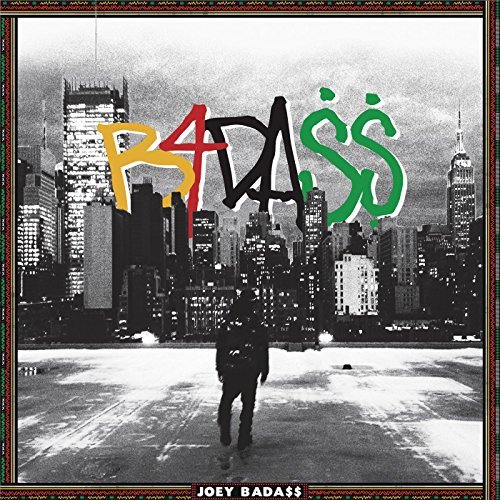
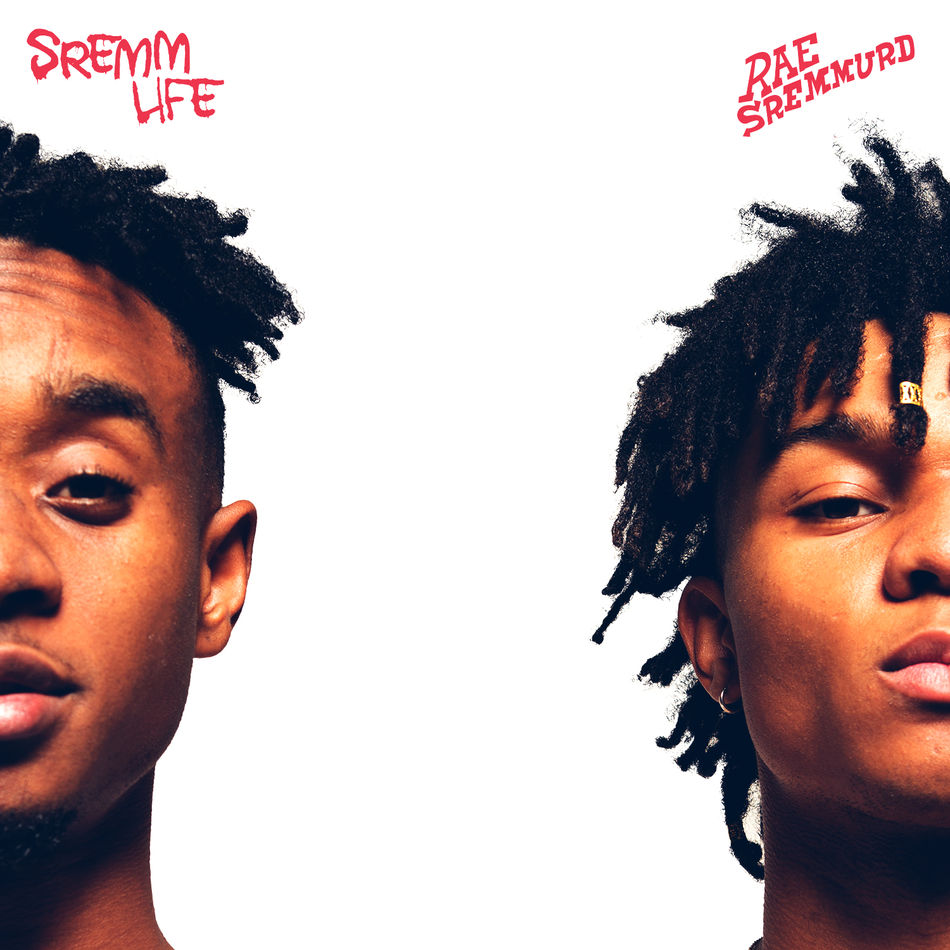
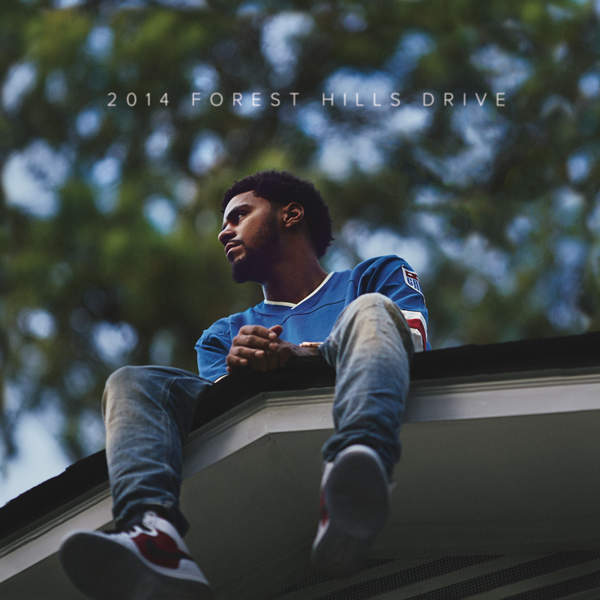




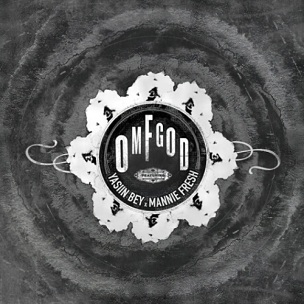

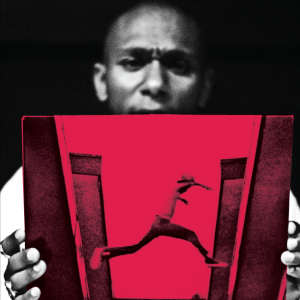
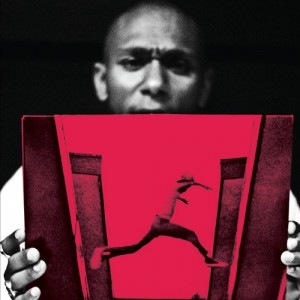

 Mixtape D.L.
Mixtape D.L.
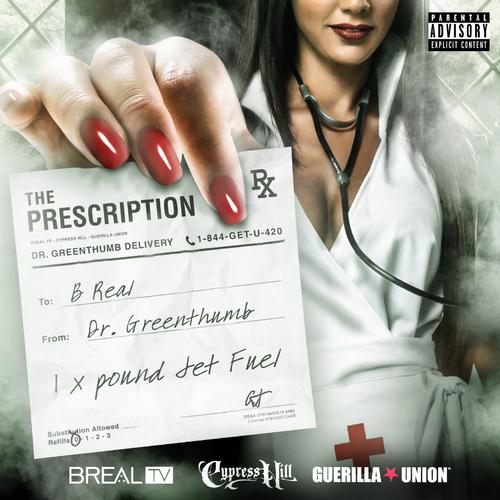

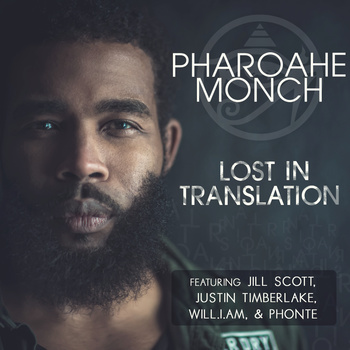

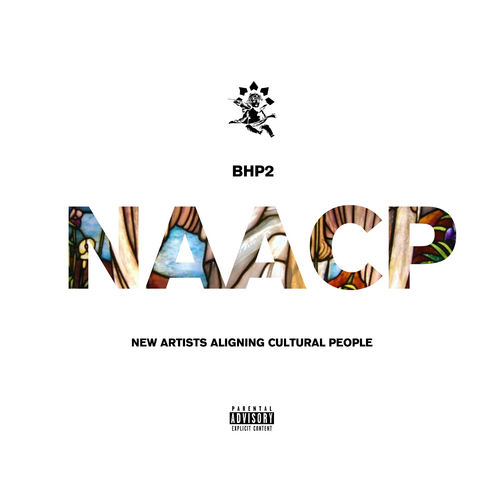
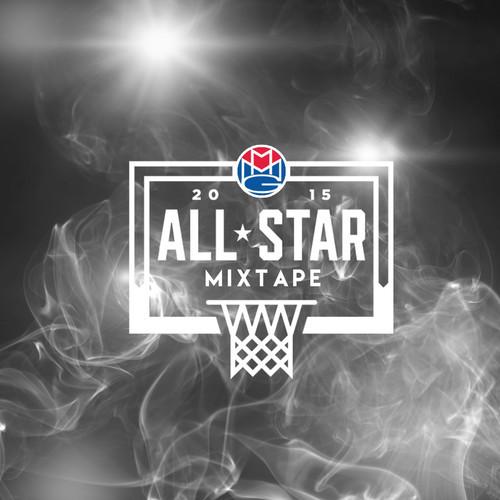
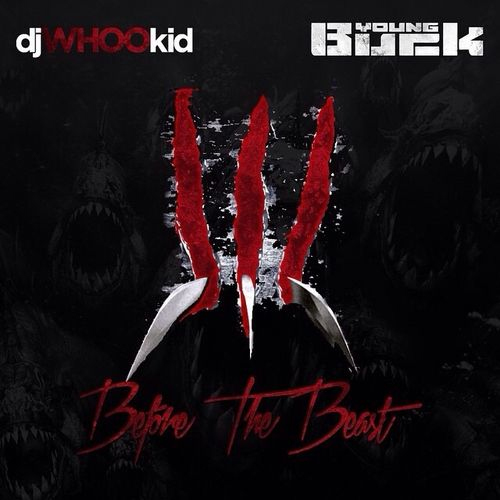
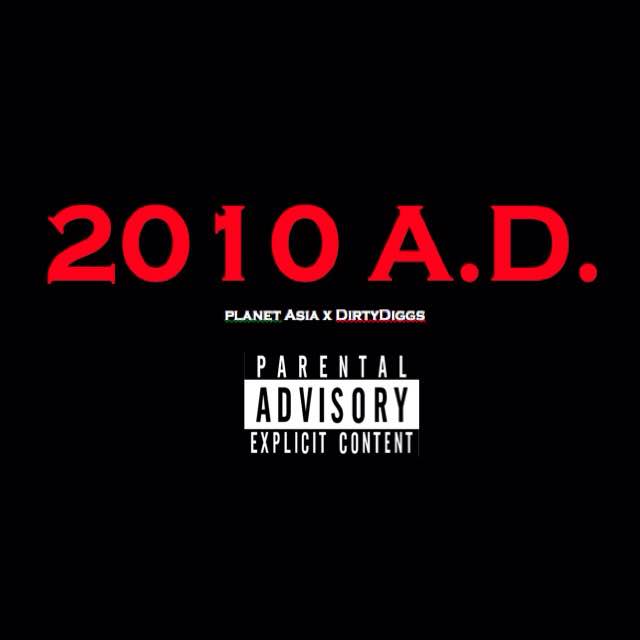
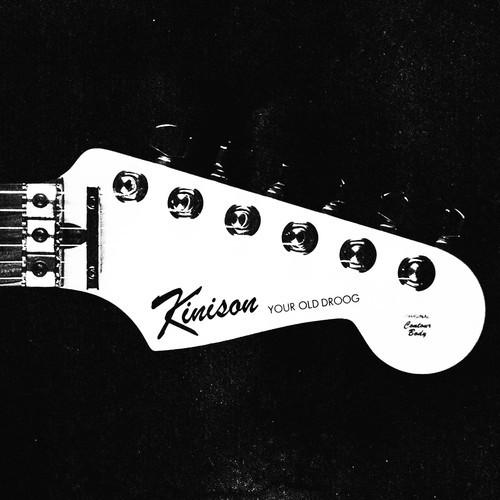
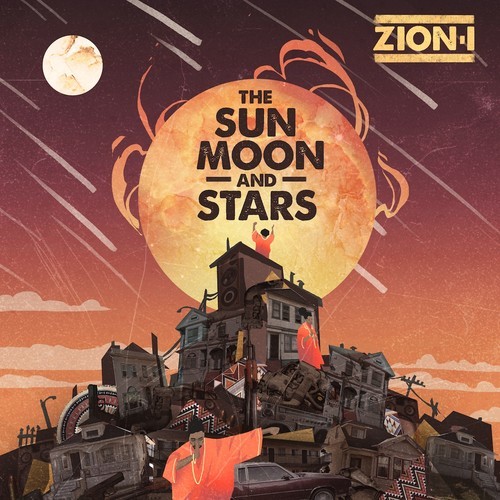

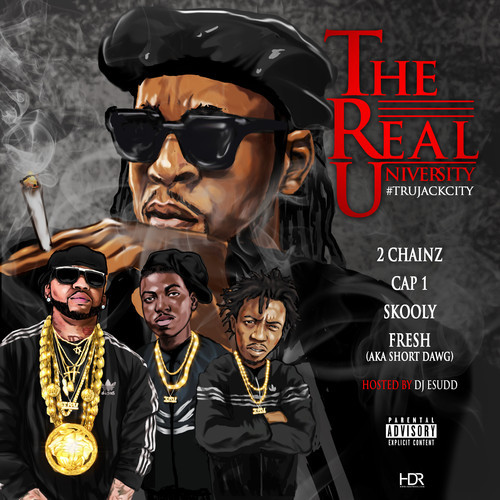
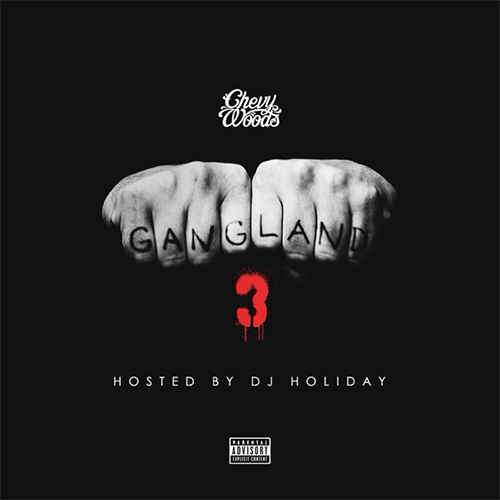
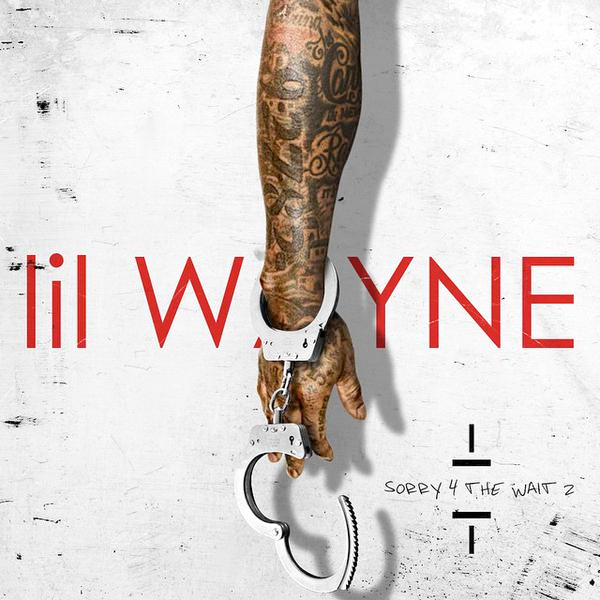
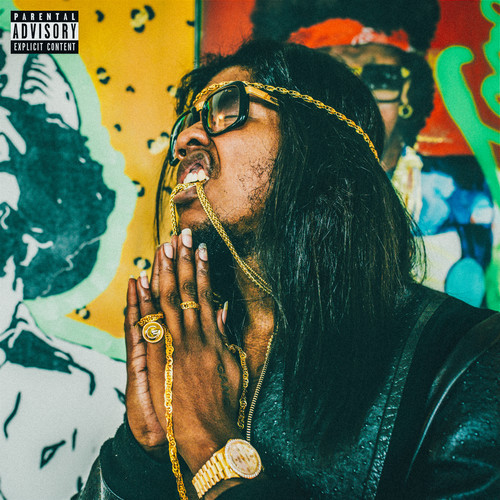





19 October, 2004@12:00 am
0 comments